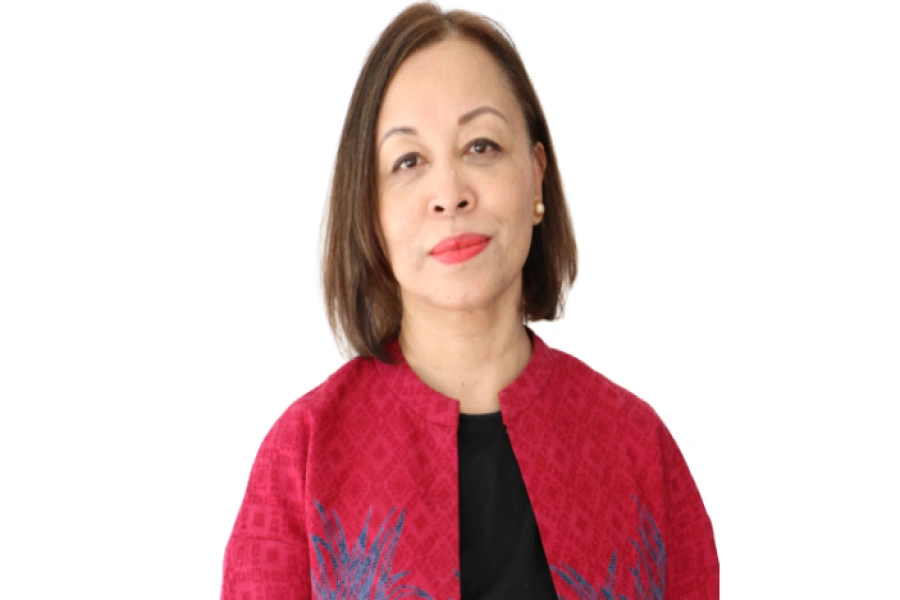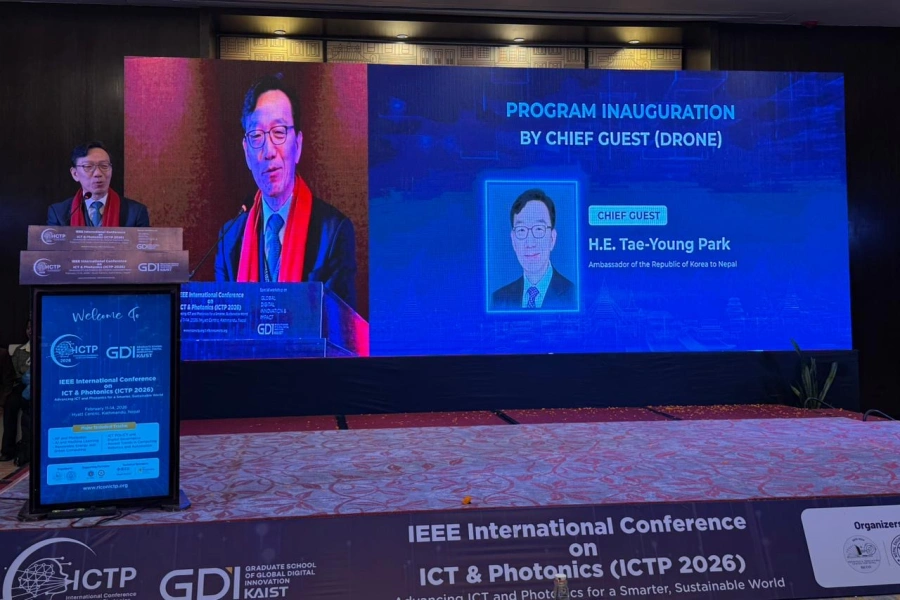Critical thinkers! Are we truly refined critical thinkers?
For centuries, critical thinking has been extolled as the philosopher’s stone of intellectual refinement–a process that distills knowledge from raw ideas. But let’s be honest: how often do we invoke the term ‘critical thinking’ simply to validate our own viewpoints? How often is it wielded as a self-congratulatory label rather than a rigorous process of discovery? The uncomfortable truth is that what passes for critical thinking is often just a sophisticated disguise for bias. Instead of uncovering the truth, we reinforce what we already believe.
The Pitfall of Ideological and Religious Leanings
Too often, ideological and religious convictions masquerade as critical thinking. When someone is deeply entrenched in a particular worldview, their analysis may appear logical, yet it is subtly constrained by their ideological framework. Rather than questioning everything, they filter information to support their pre-existing stance. Sound familiar? It should. We see it every day–in political debates, social media discussions, and even academic discourse. We find this scene when we engage with extremists or those who tread on the ideological bandwagon.
Take politics, for instance: A person may claim to think critically but unconsciously cherry-pick facts to validate their party’s position. In religious discussions, scripture is sometimes wielded as an absolute argument without deeper examination of its broader moral, ethical, or scientific implications. In either case, thinking ceases where it is most needed–at the edges of belief–giving birth to pseudo-critical thinking.
Real critical thinking requires the discomfort of rising above these biases. It requires stepping outside the warm blanket of familiar beliefs and exposing oneself to perspectives that might challenge, or even shatter, deeply held convictions, no matter their source.
Refining Thoughts! Learn from the Greeks
Technology: Boon or Bane?

To understand refined thinking, let’s turn to the masters–Socrates, Plato, and Aristotle. They didn’t just ponder reality; they revolutionized how humans think about thinking.
Socrates was the ultimate disturber of comfortable minds. He didn’t teach; he questioned–endlessly. His famous Socratic Method forced people to examine their own beliefs by engaging in relentless questioning. Imagine a confident Athenian boasting about his wisdom, only to be reduced to stammering uncertainty under Socrates’ piercing interrogation. His method revealed hidden contradictions, forcing individuals to refine their ideas or abandon them altogether. This is refined thinking–not just defending what one already believes but dissecting and reconstructing beliefs through reason.
Plato, Socrates’ student, pushed this further. He argued that true knowledge lies beyond what we perceive–what we see is just a shadow of reality. Imagine prisoners in a cave, seeing only flickering shadows on the wall, mistaking them for the real world. Plato’s famous Allegory of the Cave teaches us that critical thinking is the process of escaping that darkness and seeking the true forms of knowledge beyond superficial appearances.
Then came Aristotle, who brought philosophy down from the abstract and into the observable world. Unlike Plato, who sought truth in the ideal, Aristotle focused on empirical evidence. He developed the first systematic approach to logic, ensuring that conclusions followed sound premises. His text, Categories, laid the groundwork for scientific inquiry. Without Aristotle, modern science and Western philosophy wouldn’t exist as we know it.
These thinkers didn’t just encourage questioning; they made it a way of life. And they knew that repetition was key to mastery–“Repetitio est mater studiorum.” The more we practice questioning our assumptions, the sharper our thinking becomes.
The Power of Refined Knowledge
We don’t see the world as it is; we see it as we are. Our experiences, beliefs, and emotions act as tinted lenses, coloring our perception of reality. That’s why two people can look at the same event and draw completely different conclusions. Indeed, perspectives are not inherently right or wrong; they reflect how perception colors reality. However, refined thinking is about stripping away those distortions to get closer to the objective truth.
Refined knowledge has the potential to reform both minds and societies. When ideas are tested, purified, and curated by open inquiry rather than ideological entrenchment, they become powerful tools for progress. This is evident in scientific advancements, social reforms, and philosophical breakthroughs that have shaped civilizations.
During the Enlightenment period, critical thinkers such as Voltaire, Descartes, and Kant challenged prevailing religious and political doctrines. By questioning traditional authority and applying reason to social and ethical issues, they laid the groundwork for modern democracy, human rights, and secular governance. Their willingness to refine ideas without ideological rigidity contributed to a period of rapid intellectual and social progress.
In modern science, breakthroughs often emerge from refined thinking that challenges established norms and conventions. Albert Einstein's theory of relativity dismantled long-held Newtonian assumptions about space and time, fundamentally altering our understanding of the universe. His success originated from his ability to think independently, question conventional ideas, and refine his theories through observation and logical reasoning.
In social movements, refined thinking has played a crucial role in challenging oppressive systems. The civil rights movement, for example, emerged from courageous thinkers like Martin Luther King Jr., who combined ethical reasoning with strategic activism. By appealing to universal principles of justice rather than merely reacting to existing social structures, King and his peers transformed public consciousness and promoted lasting societal change.
Keep Refining, Keep Questioning
In the digital age, the challenge of attaining pure, refined knowledge is particularly acute. The rapid spread of misinformation, often filtered through social media algorithms, is a recipe for biased perspectives to thrive. Individuals may mistake curated content that aligns with their beliefs for critical analysis. Consequently, conversations become polarized, and genuine intellectual growth is stifled.
Scientists continually refine their theories by incorporating new data and addressing unexpected variables. This process of self-correction and open-minded inquiry tells us that their conclusions remain dynamic and increasingly accurate. Similarly, historians continually reassess their interpretations of past events as new evidence emerges, challenging established narratives to gain a more comprehensive understanding of human history.
Amid today’s political turmoil, confusion, chaos, and claimed truth and credibility, everyone must keep questioning with a vision that can pave the way for a brighter future. This is how systems are refined and governance is redefined. Academicians and civil society, too, have their role in this process–and may the role be played valiantly
Critical thinking ceases to be genuinely critical when it becomes a tool for conforming to biases rather than pursuing the truth. But when we embrace the spirit of Socratic questioning, the depth of Platonic ideals, and the empirical rigor of Aristotle, we advance beyond shallow perspectives and toward true intellectual growth.





































